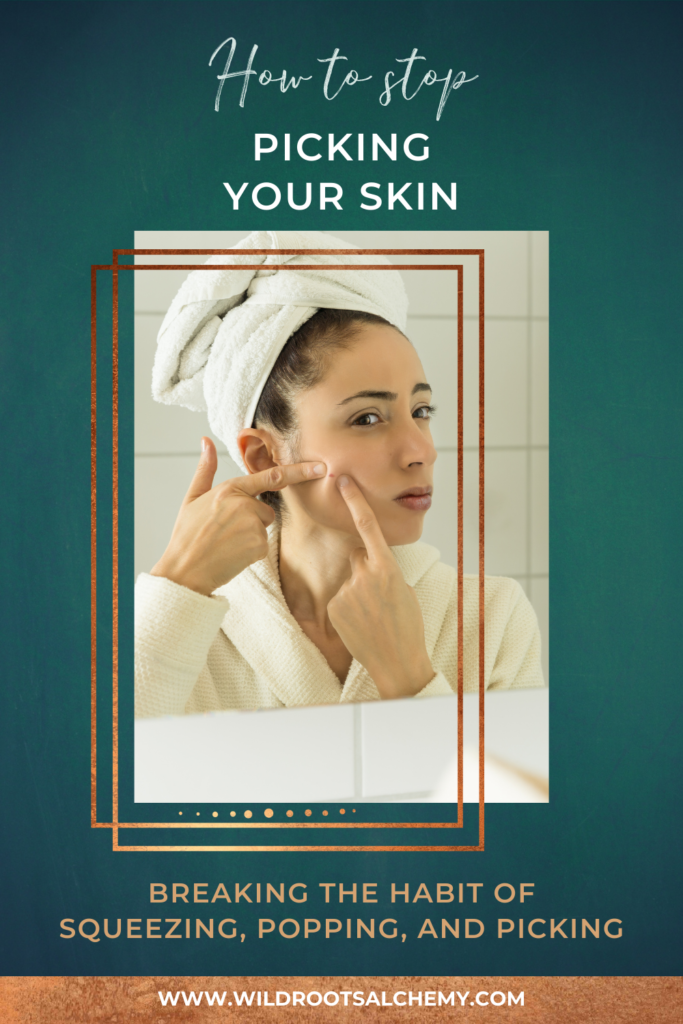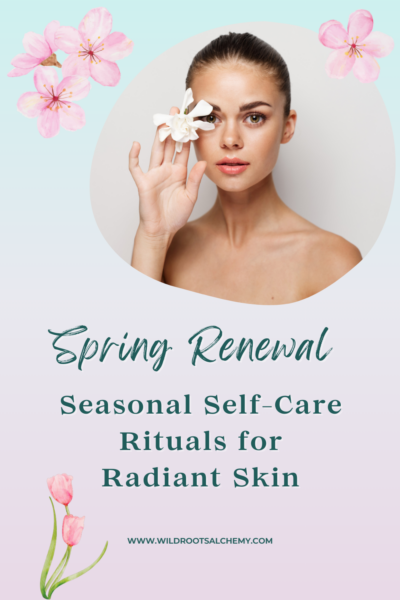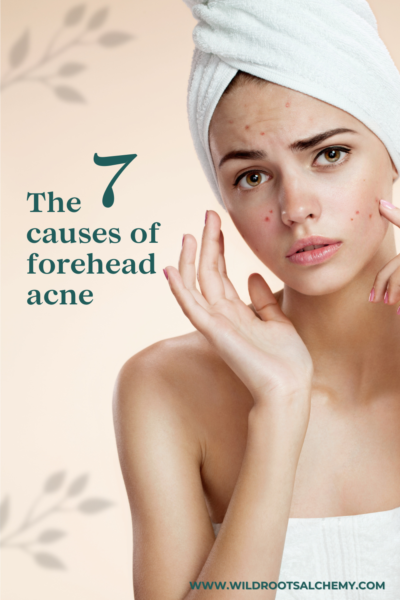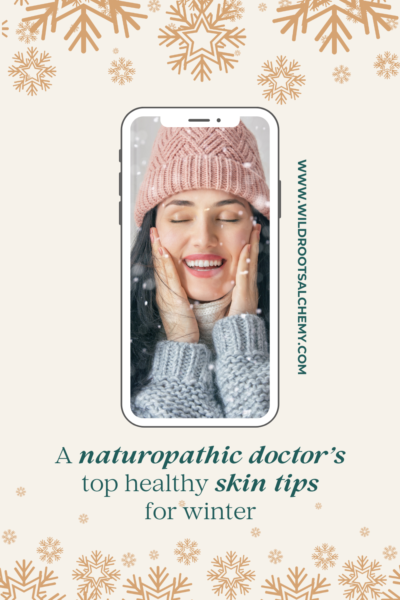
It’s 10pm. You head into the bathroom to wash your face before bed. As you look into the mirror, you take a critical look at every cyst, whitehead, blackhead, and spot that’s on your face.
Your eye narrows in on a big cyst that looks ready to pop and you get the urge to squeeze it. So you squeeze, you pick, and then squeeze some more. Then another pimple gets your attention, and the picking continues.
Before you know it, 30 minutes have gone by and your face is an angry, bloody mess. You see your face reflected at you in the mirror, and perhaps you start to feel ashamed or frustrated that your skin looks even more inflamed than before.
If this is you, you’re not alone. Many people with acne suffer from occasional to obsessive skin picking. The unfortunate part is that it’s a vicious cycle, leading to more acne and skin damage.
Popping the occasional pimple is normal, but squeezing and picking at your skin for extended periods of time until your face is inflamed is harmful to your skin as well as your mental health. About 2-5% of people with acne suffer from a severe form of skin picking called excoriation disorder, which is highly correlated with anxiety and depression and may significantly disrupt their lives.
So why do you pop, pick, and squeeze acne in the first place?
- For some, it can feel super satisfying to pop a pimple. There’s nothing quite like getting all the gunk out of a blackhead or the goo out of a whitehead! (Occasional popping isn’t usually a problem, but it can still damage your skin.)
- Picking can be a normal response to inflamed skin. The itching, irritation, and pain associated with acne can cause you to want to alleviate the physical discomfort by picking.
- The psychological discomfort that often comes with acne can also be temporarily relieved by skin picking; however, it’s often creates more emotional distress which leads to a vicious cycle of more picking and more inflammation.
- Stress is a biggie. Do you notice that you pick more whenever you feel stressed? Stress feeds behaviors that are associated with higher levels of anxiety.
- For those with obsessive skin picking, there may be a history of perfectionist or obsessive-compulsive tendencies. Skin picking disorder can also be associated with body image issues or underlying anxiety. (The anxiety may be related to the skin, but often the anxiety was present before the acne and skin picking developed.)
Picking your skin causes tissue damage and inflammation
For anyone who’s ever picked their face, you’ll know that it often ends up much more inflamed afterwards. This is because picking and squeezing your skin damages the tissue, leading to more red marks and inflammation. Picking your skin disrupts your delicate upper epidermal layer and can even damage lower skin layers like your dermis (where acne formation originates and where collagen synthesis occurs).
Picking also disrupts skin healing, which means that any acne that was present will have a harder time healing. Most picked-at acne spots tend to stick around far longer than those that were left alone.
Not only does picking create more inflammation and make it harder for your acne to heal, but there are some real risks involved:
- Risk of infection: picking drives bacteria that are on your skin and your fingers deeper into wounded skin, potentially leading to infection
- Increased scarring: often deeper and more permanent scars
- Increased anxiety and depression around skin, which tends to exacerbate skin picking
If you’re wanting your skin to heal, it’s important to address any tendencies to pick your skin, however mild. Acne can’t heal properly if skin picking is a common occurrence.
3 ways to help you stop picking your skin
1. Consider therapy
If there is any underlying anxiety, depression, or obsessive-compulsive tendencies, it’s important to have a counselor or therapist on board to support your mental health.
Skin picking is primarily fueled by stress, whether that’s due to the stress of having acne or other sources of stress. Caring for your mental health and improving your response to stress is essential for alleviating skin picking (and for healing from acne in general).
2. Incorporate stress management techniques
We’ve all got stress, there’s no getting around that. You may be able to minimize or avoid some things in your life that bring you stress, but ultimately, stress will always be present in some way or another. Since stress is a part of life, it’s all about optimizing your response to stress and supporting your body’s ability to bounce back from a stressor.
Here are some ways to help manage stress better:
- Move your body
- Breathe deeply (fresh air is best)
- Spend time out in Nature and get some direct sunlight
- Meditation
- Journaling
- Hot Epsom salt baths
- Any activity that brings you joy and puts you in the present moment
- Avoid processed and high-sugar foods that spike your blood sugar, leading to blood sugar dysregulation and mood disturbances. Focus on fruits and vegetables, whole grains, nuts and seeds, organic/grass-fed meats, and wild-caught fish.
3. Mind your mirror use
First off, get rid of the magnifying mirrors! The goal is to take away the triggers that cause you to pick. Magnifying mirrors allow you to see the acne spots and variations in your skin up close, and it can be easy to get lost in trying to “fix” any “imperfections.” If you need to look at yourself in the mirror, look in a regular mirror and lose the magnification.
In general, try to spend less time in front of mirrors. Lingering in front of a mirror can fuel the desire to pick your skin, as you start to analyze the state of your acne.
If you know your evening skincare routine takes you 2 minutes to complete, start a timer for 3 minutes and make sure you’re done with the mirror within that amount of time. Turn off the light and leave the room when the timer goes off. Your mirror usage for that evening is done!
If you’re looking to heal your acne for good, check out Naturally Radiant and Aligned: my online program designed to help you achieve clearer skin in 6 weeks with holistic, Nature-based medicine. No birth control pill, no medications, and no harsh skincare products needed!





